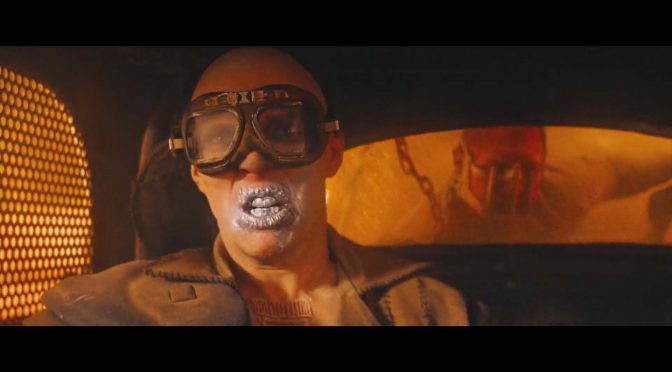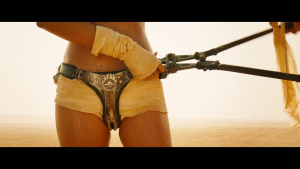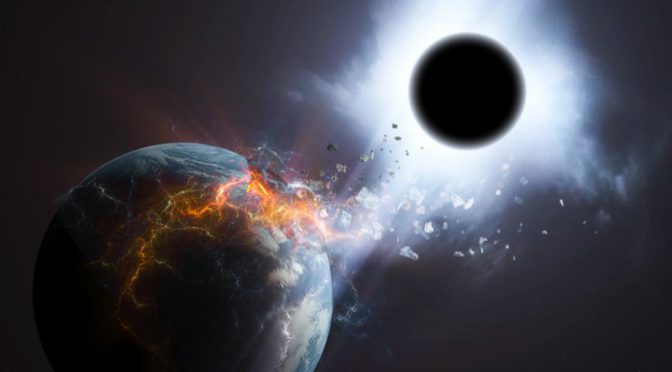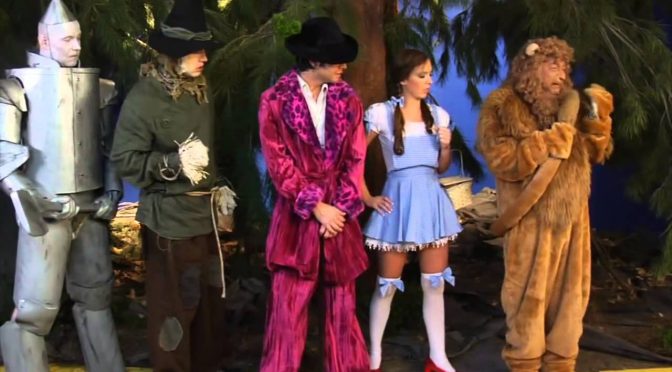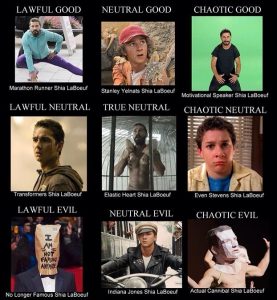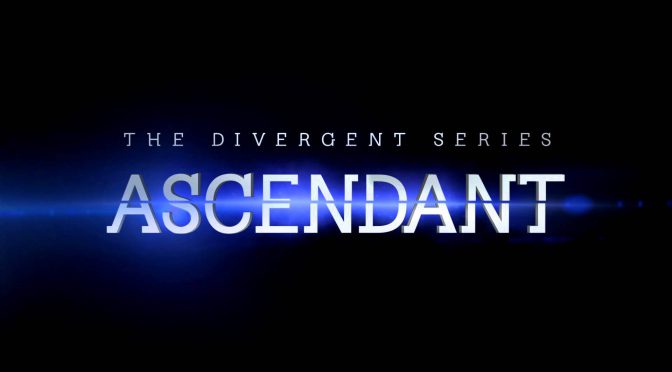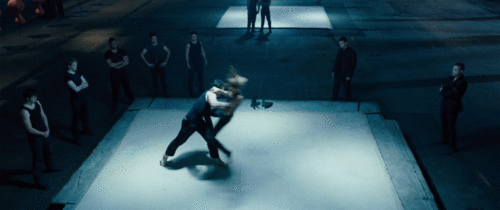For years I’ve had a bit of a running joke that I tell even if people aren’t in on it. It’s often rumored that talking about your goals will actually give you an inflated sense of accomplishment. So, as a writer who hasn’t really had a huge amount of success (yet), I tend to rely on self-deprecation to avoid actually stating my goals out loud. Don’t get me wrong, I remind myself every day that I’m a writer and that’s what I want to be, but when I talk to other people I try to make sure I don’t get a big ego about it. We’ve all met that guy who says he’s writing a screenplay or novel and thinks that means the world should kiss his ass. I never want to be that guy, so I make sure to label myself appropriately.
I’m a professional bullshit artist.
Because that’s what you have to be if you’re going to be working in fiction. You have to be able to craft the most unbelievable bullshit into something people become invested in. You have to sell people on notions that you just pulled from the aether (or straight from your ass), and make them want to pay you money for it. It’s a skill that’s easy to learn but hard to master – a field where everyone feels they should be able to do it but only so many can actually pull it off. And that perceived ease of entry is part of the problem for guys like me.
See, writers, by and large, have to sell themselves as much as possible to get people to look their way. But, since there are so many of us out there, it’s hard to make that happen in short order. Most famous authors and screenwriters didn’t really have a major break until their 30s when many of those started trying earnestly somewhere around high school. There are always a few modest writing gigs here or there, you’ll make some headway as an intern if you have the right connections, but for the most part you’re just hoping you manage to out-shine someone else’s bullshit. Unfortunately, recent events with some politicians derailed my efforts for a bit and I was a little upset.
But, sometimes, you just have to tip your hat to a true bullshit master… Continue reading Professional BS Artists




